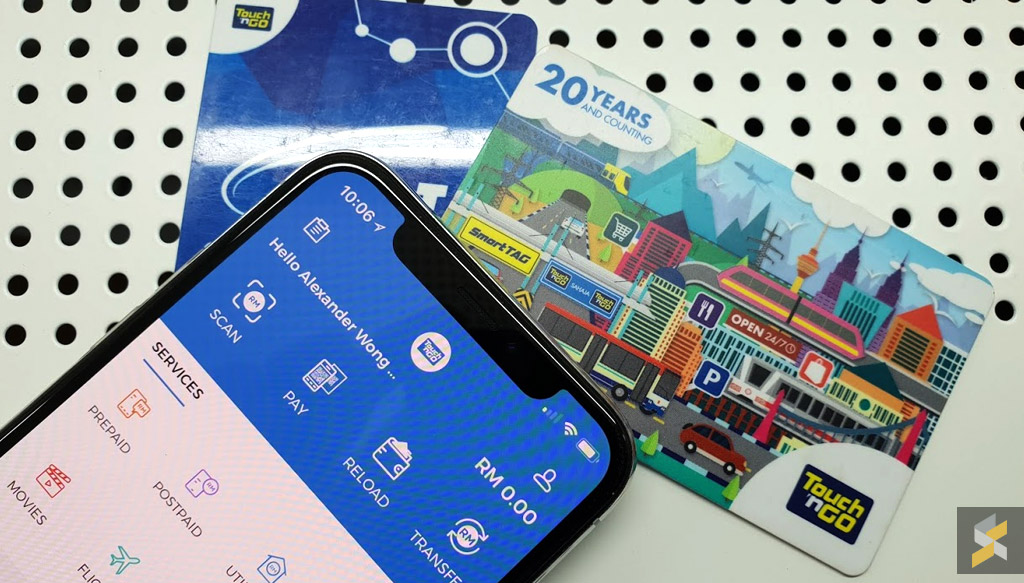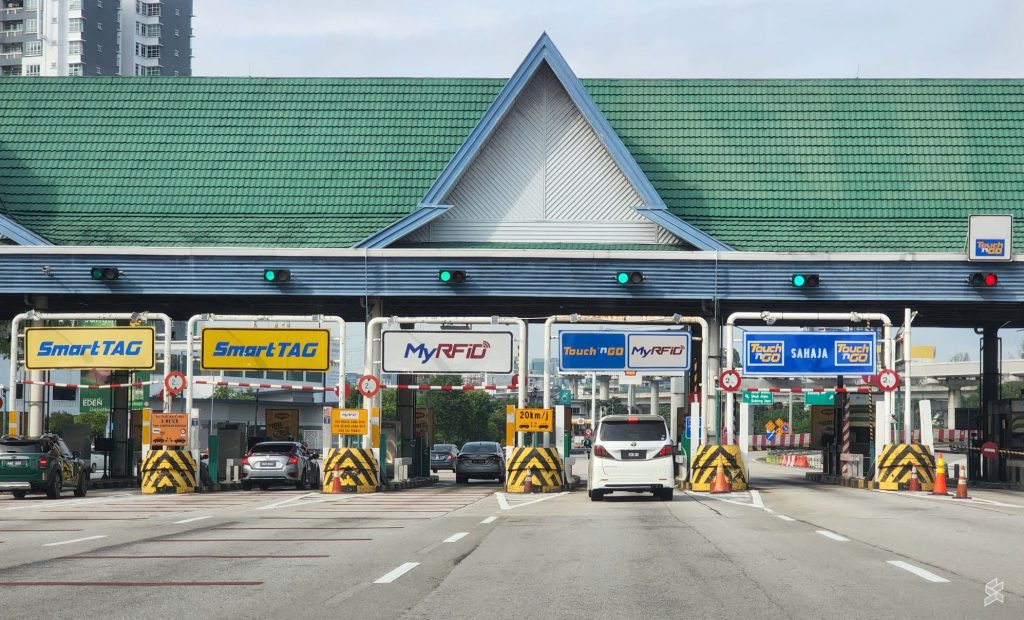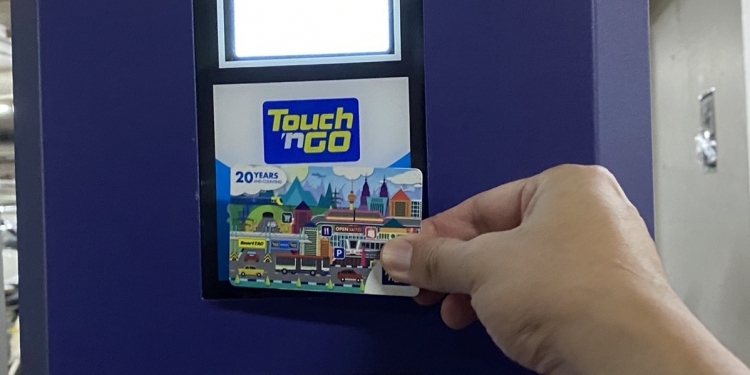During an open dialogue held this afternoon at Kuala Lumpur Convention Centre, Prime Minister Anwar Ibrahim was asked by an attendee if there are any plans to dismantle the Touch ‘n Go monopoly for Malaysia’s transport and road systems. The youth elaborated, in many places like petrol stations and parking lots, we can already pay with our debit cards but we are still stuck with the problematic Touch ‘n Go system and its monopoly.
Anwar agreed with the comment. He added Touch ‘n Go has been in operation for more than two decades and there has not been convincing development or progress in the system. “I think you are right, we will have to reconsider that,” said Anwar.
Touch ‘n Go is currently the default and only contactless payment option for highway tolling and for public transport including RapidKL rail networks. To mitigate insufficient balance concerns, they have recently introduced Touch ‘n Go PayDirect which deducts tolls and parking fees from your linked eWallet for selected TNG terminals. On top of that, Touch ‘n Go has also released a newer Enhanced TNG card with NFC which allows users to reload the card from an NFC-enabled smartphone.

It was announced in late 2019 that Touch ‘n Go and CIMB will introduce an open payment facility for RFID highway payments where users can choose to link their RFID tags to other various cashless payment options such as bank accounts, credit and debit cards. Several years have passed but we have yet to see any open payment system for highway tolling.
PLUS has explained previously that Touch ‘n Go is the sole government-approved electronic payment system provider for toll collections in the country. The highway concessionaire attempted to “break” Touch ‘n Go’s monopoly in late 2018 by introducing its own PLUS RFID system which is linked to credit and debit cards. Eventually, PLUS adopted TNG’s RFID system after CIMB took legal action against PLUS for violating a joint venture agreement on toll payment collection signed two decades ago.

During the previous administration, former Works Minister Fadillah Yusof said highway users will be able to use any digital payment provider when Multi-Lane Free Flow (MLFF) is fully implemented in 2025 which would effectively end Touch ‘n Go’s monopoly on highway toll payments. After the recent change of government, we haven’t heard much about Malaysia’s direction towards implementing MLFF. Before the highway toll barriers can be removed completely, there are several things which the Ministry of Works, Ministry of Finance and Ministry and Transport would need to sort out first.
For public transport such as LRT and MRT, there have been calls to allow other contactless payments such as credit and debit cards at the turnstile. The latest MRT Putrajaya line accepts debit and credit card payments but it is only to purchase tokens from the self-service kiosk. In most developed nations, they have implemented NFC-based contactless payments for public transport which allow users to tap in and out using their Visa Paywave or Mastercard PayPass cards, as well as compatible smartphones and smartwatches.








